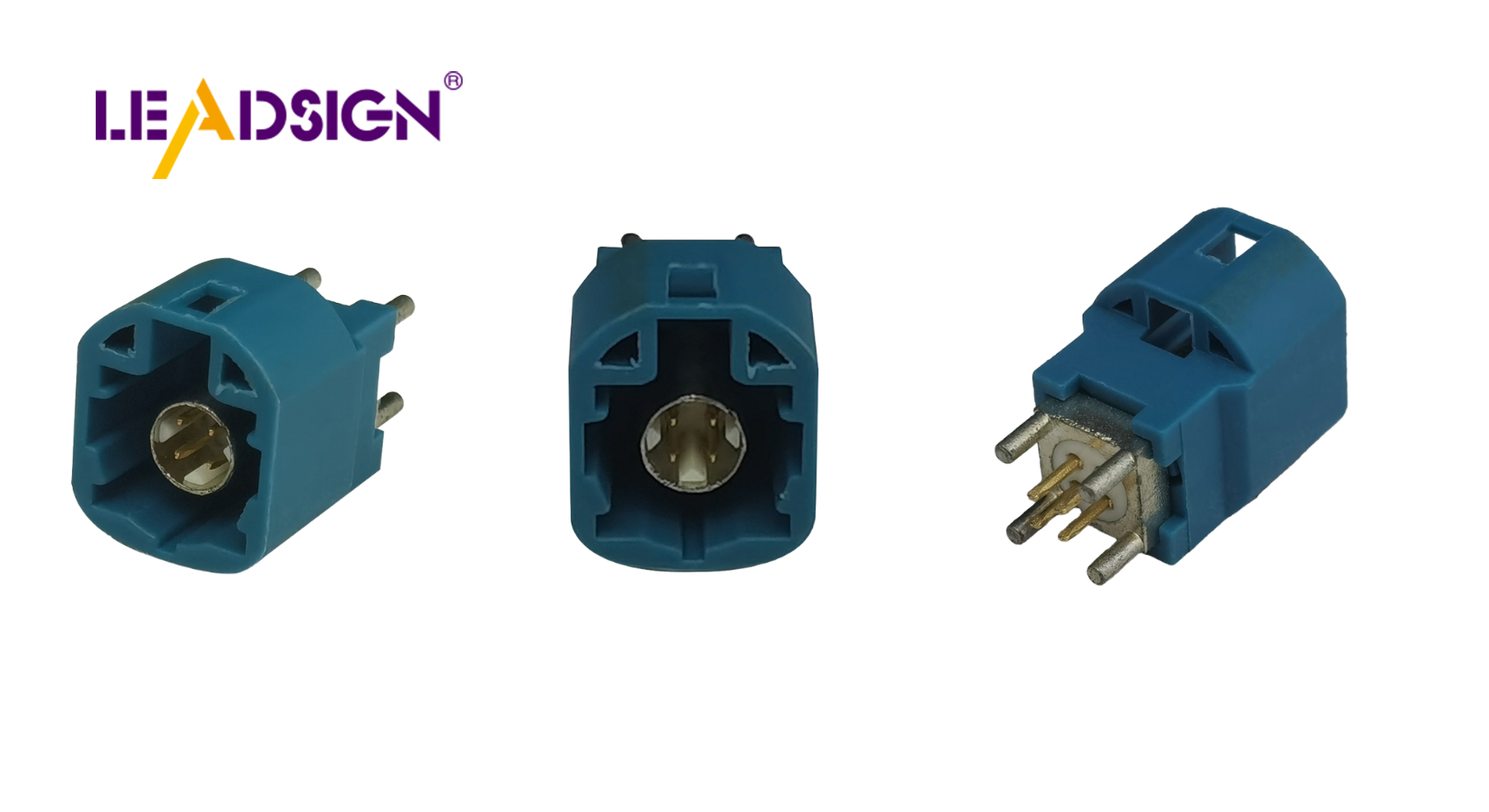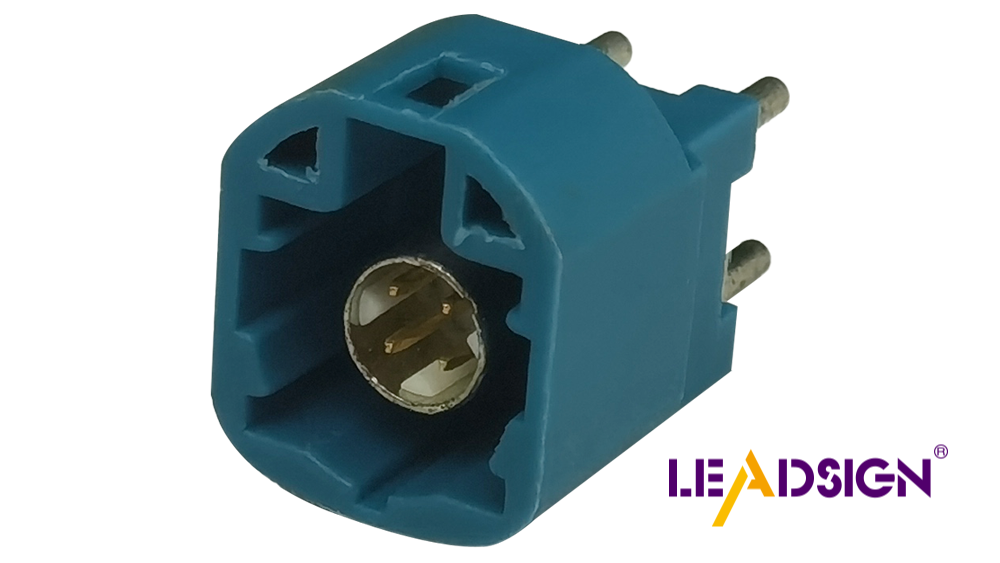Which Automotive Wire Connectors Types Suit Your Needs?

Choosing the appropriate automotive wire connectors types is crucial for the optimal performance and safety of your vehicle. These connectors play a vital role in ensuring proper wire connections within automotive systems, thereby maintaining the efficiency of your car's electrical system. By understanding the various types of automotive wire connectors available, you can make informed decisions on selecting the right connectors for your specific needs.
Types of Automotive Wire Connectors

Knowing different automotive wire connectors helps you choose the best for your car. Let's look at some common ones and what makes them special.
Pigtail Connectors
Description and Mechanical Properties
Pigtail connectors are very useful in cars. They have a short wire with a connector, making it easy to link electrical parts. These can handle strong currents like those in headlights. They are built tough to work well even when things get rough.
Advantages
Versatility: Works for many uses.
Ease of Use: Makes connecting simple.
Durability: Handles strong currents and tough conditions.
Typical Applications
You see pigtail connectors in car lights, engines, and other places needing strong power. They are great because they manage big electrical loads well.
Terminal Blocks
Description and Mechanical Properties
Terminal blocks join many wires together neatly. They use screws to hold wires tight, keeping connections stable. You can find them in different sizes to fit various wires and circuits.
Advantages
Organization: Keeps wires tidy.
Flexibility: Can connect many wires.
Reliability: Holds connections steady and safe.
Typical Applications
Terminal blocks are used in car control panels, fuse boxes, where lots of wires meet. They're important for handling complex wiring systems.
Bullet Connectors
Description and Mechanical Properties
Bullet connectors make quick connections easy. A male part snaps into a female part securely. They're popular in car wiring because they're reliable and simple to use.
Advantages
Quick Installation: Fast to connect.
Secure Fit: Stays connected well.
Compact Design: Fits small spaces easily.
Typical Applications
Bullet connectors show up in car lights, sound systems, where fast connections matter most. Their small size and ease make them favorites here.
By knowing these types of automotive wire connectors, you pick the right ones for your needs, keeping your vehicle's electrical system working safely and well.
Scotch Locks
Description and Mechanical Properties
Scotch Locks help connect wires in cars easily. You don't need to strip or solder wires. They have a plastic clip with a metal blade. Pressing the clip makes the blade cut the wire cover. This creates a strong connection fast. It's a favorite among automotive wire connectors.
Advantages
Ease of Use: Connects wires fast without stripping.
Time-Saving: Great for quick fixes.
Reliability: Stays connected even with movement.
Typical Applications
Scotch Locks are used where quick connections are needed. They're found in car audio, lights, and other parts. You can add or change wires without much work. Both pros and DIY fans like them for being simple and effective.
High-Speed Data Applications
Today, cars need fast data. Connectors must move data quickly and work well. The LEADSIGN HSD PCB Connector is great for this job.
LEADSIGN HSD PCB Connector
Description and Features
This connector is made for fast car data. It locks tight with two locks. The crimp holds wires strong. It has different codes to stop wrong connections.
Advantages in Automotive Electronics
This connector helps car electronics a lot. It moves fast data, which new cars need. You can use it for cameras and USBs in cars. Its strong build keeps systems working even when it's tough.
Specific Use Cases
You see this connector in many car parts. It's good for music and video systems in cars. In radio stations, it keeps things connected well. It works with USBs and Ethernet too, making it useful for many needs.
Picking the right connectors like the LEADSIGN HSD PCB helps your car's electronics run well. This connector is a top pick for fast data jobs in cars.
Picking the Best Connector
Choosing the right connector keeps your car's wires working well. Think about a few things to pick the best one.
Things to Think About
Strength and Toughness
Check how strong the connector is. Can it handle bumps and shakes? A strong connector stops problems when it's rough.
Weather Conditions
Think about where you'll use it. Will it get hot, wet, or dusty? Pick connectors that can handle these things. This helps them last longer.
Power Needs
Look at how much power it needs. Make sure it fits your system's power levels. Right power stops overheating and keeps things safe.
Matching Connectors to Jobs
Usual Uses
Know what each connector is good for. Use pigtail connectors for big jobs like headlights. Terminal blocks are great in control panels.
Tips for Choosing
Know What You Need: Figure out what your system needs.
Look at Choices: Check different types of automotive wire connectors.
Try It Out: Make sure it fits right in your setup.
By thinking about these things, you can pick the best connector for your car's needs.
You learned about different car wire connectors. Picking the right one is key for your car's safety and performance. Think about strength, weather, and power needs when choosing.
Knowing why connectors fail helps avoid issues. Match the connector to what you need. Use pigtail connectors for strong power or bullet connectors for quick fixes. Check all choices before deciding.
See Also
Understanding HSD Connectors in Automotive Manufacturing
Significance of FAKRA Connectors in Auto Technology
The Role of Fakra Connectors in Contemporary Cars

